Dr Sizwe Mpofu-Walsh
This webinar was hosted by the Mail & Guardian and sponsored by Ukuzibuza. It featured as speakers Sazi Bongwe, Joseph Goldblatt and Eli Osei of Ukuzibuza; author, academic and activist Dr Sizwe Mpofu-Walsh; Shoki (Reshoketswe Mapokgole) from Equal Education, and Professor Mary Metcalfe, senior research associate and director of the Programme to Improve Learning Outcomes. Ruby de Lanerolle of Ukuzibuza acted as facilitator.
What was the most valuable lesson you learned from school?
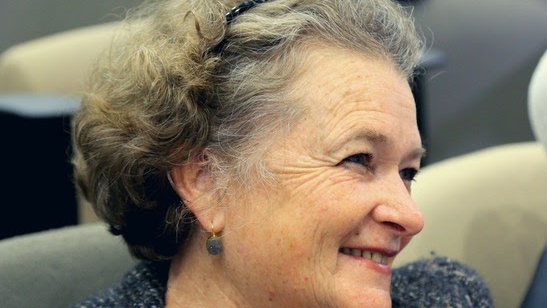 Mary Metcalfe
Mary MetcalfeMetcalfe: School was a place of social as well as academic learning, and we often underestimate that. “I was fortunate that my teachers pushed me, and one in particular pushed me to defend my own views and state my opinion.”
Osei: The discourse I shared with my school friends made me think about my place in the post-colonial system, and what I can do to change it.
Shoki: I learned that “existence precedes essence”: everything that now exists, including the education system, has been made by people, therefore we can change it.
Bongwe: School is about a community of learning, but one can take lessons beyond the class and the curriculum, which taught him to become a critical thinker, and he is constantly on the search for more learning.
Goldblatt: What occurs to me was how much waste there is in school; how much of what is taught is not useful. The main benefit is not the academic lessons; you have to find what you enjoy and pursue that. Mpofu-Walsh: The most valuable lesson I learned at school was how to rap! “At St John’s [College] we found a place where we could express ourselves freely, a space of social comfort, and this pocket of creativity that we carved out for ourselves was the most valuable thing I took away from school.”
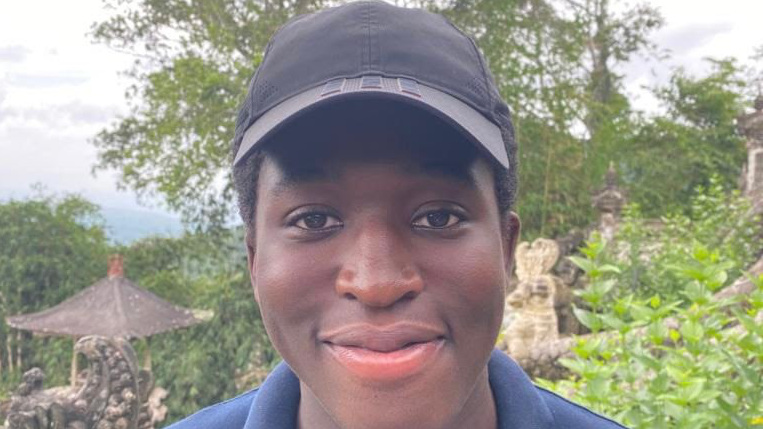 Eli Osei
Eli OseiSchools have changed in their function over the years; what should their function be today?
Osei: Schools must prepare learners for today’s world, and create informed individuals. Technical schools could be the way forward to fill the skills gap in the workforce, but may limit students in other ways, for instance, if they are not intellectually stimulated.
What about tertiary education? What should it offer students?
Mpofu-Walsh: There is a view of students being empty vessels, which are then filled with knowledge and leave prepared for society and the workforce. But I think students play a very important role in changing society, and school and university should teach one how to think, although this is a personal journey. We need to rethink what we are taught, and what educational institutions are, and collaborate towards changing them.
What was the African Leadership Academy (ALA) experience like?
Shoki: To prepare students for the world, we have to ask what the world is? For instance, there is still xenophobia, gender-based violence and colonial thinking in South Africa, so we have to think about things in this context. Most schools have learners sitting in rows, which is pretty military-like. There was a lot of community engagement at ALA; you learn to engage, there is a relationship. The classes are very small, and there is constant curiosity, so you think about what you experience and constantly question it.
Most South African learners don’t have access to basic amenities. What should the priorities be, and how can we address them?
Metcalfe: Gifted children must be recognised and given the space to critically reflect, and given the necessary materials. Conditions must be conducive to learning, and this is definitely not the case in South Africa for the most part. This is mainly due to social inequalities.
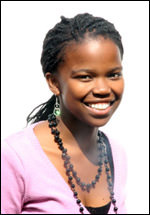 Shoki (Reshoketswe Mapokgole)
Shoki (Reshoketswe Mapokgole) Shoki: We still have schools with pit toilets and don’t have running water, libraries or laboratories; classes are overcrowded and teachers can’t cope.
What do you think a decolonised curriculum and classroom will look like?
Mpofu-Walsh: We actually don’t know what this looks like, but that’s okay. It’s going to take time to deconstruct centuries of colonial teaching. There is one way to make sense of the process, and that is to dissemble the most obvious facets of colonial thinking in education, and remove those. For instance, it’s fantastic that Petals of Blood is now being taught, rather than Wuthering Heights, and that’s something we can do, is to remove material from our reading lists that don’t reflect on the African experience. Teaching bodies should obviously not be unrepresentative in terms of race and gender. So let’s dismantle the obvious remnants of colonialism in our education first.
Bongwe: Most schools are now positioning themselves as being in the process of transformation. Should schools be taken apart or be allowed to continue with this process? I am sceptical that schools such as St John’s can call themselves completely transformed. There’s an ancient Greek story about how a ship is repaired and replaced bit by bit, until the original ship no longer exists; but at what point can we say that true change has been achieved? Does having a few black faces at a formerly white school change that school? The views of students who have experienced oppression must be taken seriously if real change is to occur; changes must be made on a consistent basis.
 Joseph Goldblatt
Joseph GoldblattGoldblatt: What is the future of colonial monastic schools, when they are based on colonial ideas of gender? How are they going to move forward, when, for instance, a student comes into an all-male school, but decides to leave as a woman?
Metcalfe: Monastic schooling is far more prevalent in private schools than public schools; the location of one’s identity in such a binary way is definitely problematic. How do we shift consciousness in, for instance, rural contexts? We need to change what we teach and how, so we need to create critical spaces to reimagine things.
Shoki: One way to move towards decolonising education is in teacher training colleges; if teachers cannot accept new ways of thinking, we have a problem. Colonialism and gender are very linked; to challenge the old ways of thinking, teachers must be devoted to the concept of decolonising education.
Should schools teach values? If they do, does this create progressiveness or conservatism?
Goldblatt: It depends if we think schools should represent society and its values, or challenge them.
Metcalfe: “Schools don’t decide whether to teach values; if a school doesn’t have proper toilets, that is already demonstrating a value of how you treat children, how we treat people.” The values are there, in the way teachers interact with learners. Education cannot compensate for society. Change must come from people who have thought about social justice and inequality, such as the people at Equal Education, who contest concepts such as binary gendering.
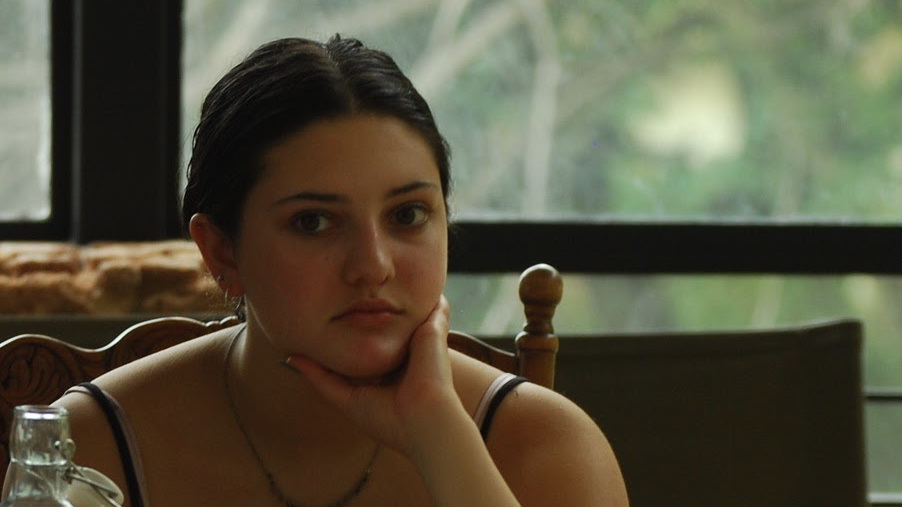 Ruby De Lanerolle
Ruby De LanerolleMpofu-Walsh: We would do well do distinguish between, as Metcalfe pointed out, spoken and unspoken values. Private schools are in a conflict over this; they are prepared to say the right things, but are they actually making real changes; what about the unspoken hierarchies, for instance? It’s easy to say the right things, and use this as an excuse when you still do the wrong things.
Questions
Should schools be introducing technical subjects such as agriculture?
Metcalfe: There are technical subjects offered in the curriculum. Subjects should enhance exploration and curiosity, and agriculture can do this if taught correctly. Everyone must feel that they belong and that they have a place in society.
How can we bridge the gap between public and private schools?
Mpofu-Walsh: Both are replicating colonial issues; the public sector because it is permanently in crisis, and the private because it reinforces racist colonial values; this is a bind for black students. Both sectors must learn from each other.
Can we have a balance of religion and belief systems in our schools?
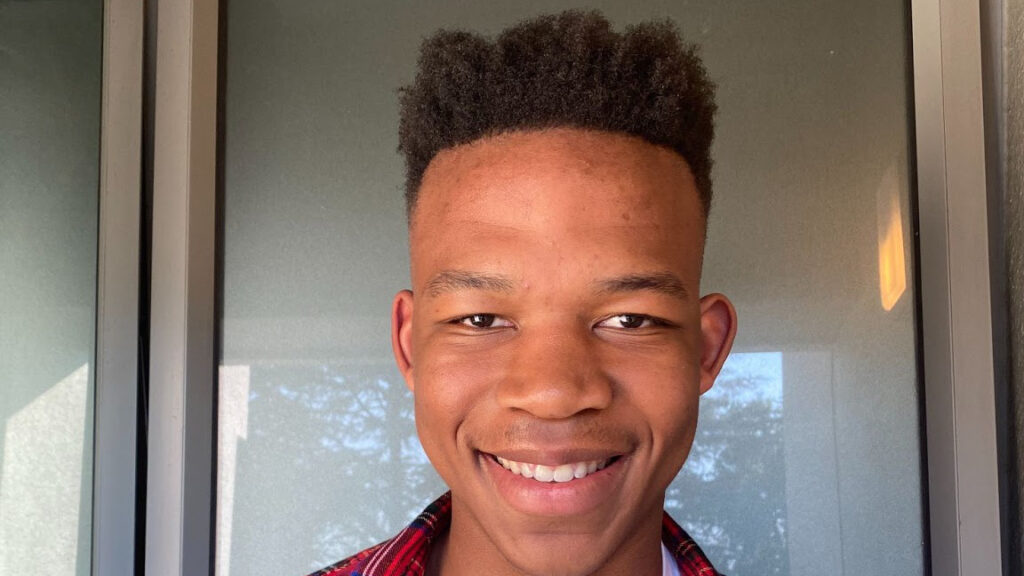 Sazi Bongwe
Sazi BongweOsei: All students’ religious views must be respected. Spirituality as a concept has less politics attached to it.
Does wealth and privilege accord with the quality of education in South Africa, and should private schools be abolished?
Shoki: There are some public schools where great learning is taking place in this country. We need to learn lessons from both sectors.
Do we need hierarchies in educational institutions?
Bongwe: Our schools strive to preserve elements of English culture, such as hierarchy. Do we need to experience the traditional boy school initiations and hierarchies? Often when people are humiliated they repeat it on others when they get to the top. Surely it is constructive to have collaborative discussions between teachers and students to arrive at decisions that suit everybody. Trust is essential for this process.
Shoki: We have to get rid of hierarchy in the classroom, where teachers fill learners with knowledge. Everyone has to be seen as participants and changemakers. Instead of just teaching, teachers should facilitate discussions.
How best can we ensure that the Chapter 9 institutions are more active in the basic education space regarding the violation of rights and values, as enshrined in our constitution?
Metcalfe: Chapter 9 institutions should be accessible; a petition from a group or individual regarding an infringement should be investigated. Our rights were fought for, and we should be able to demand they are respected.
De Lanerolle concluded that perhaps the most important point was that collaboration between institutions is essential. She also pointed out that the participants in this webinar were in no way representative of South African students in general; but that all learners must take action to change their educational institutions. She thanked the Mail & Guardian and said it was a pleasure to engage with people such as Metcalfe without any hierarchy in the discussion.
To view the webiner, click below:
For more information visit: https://www.ukuzibuza.com/